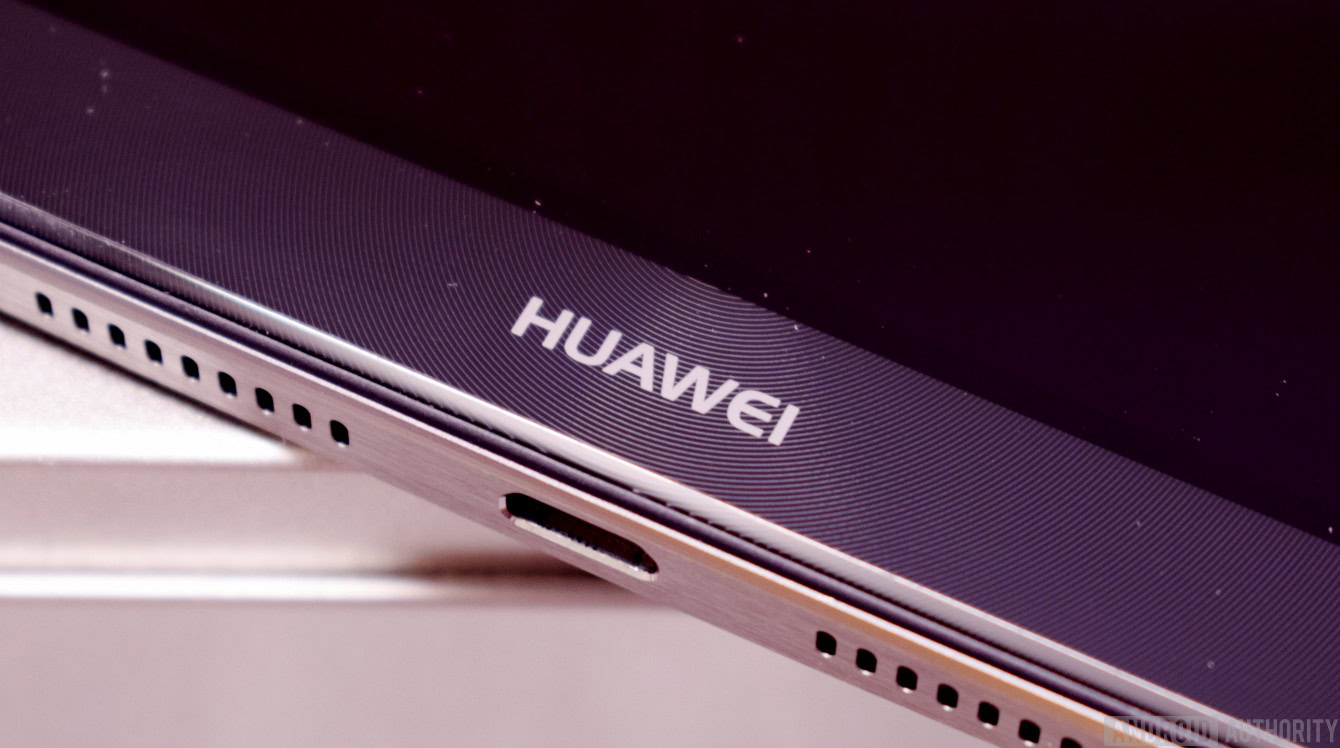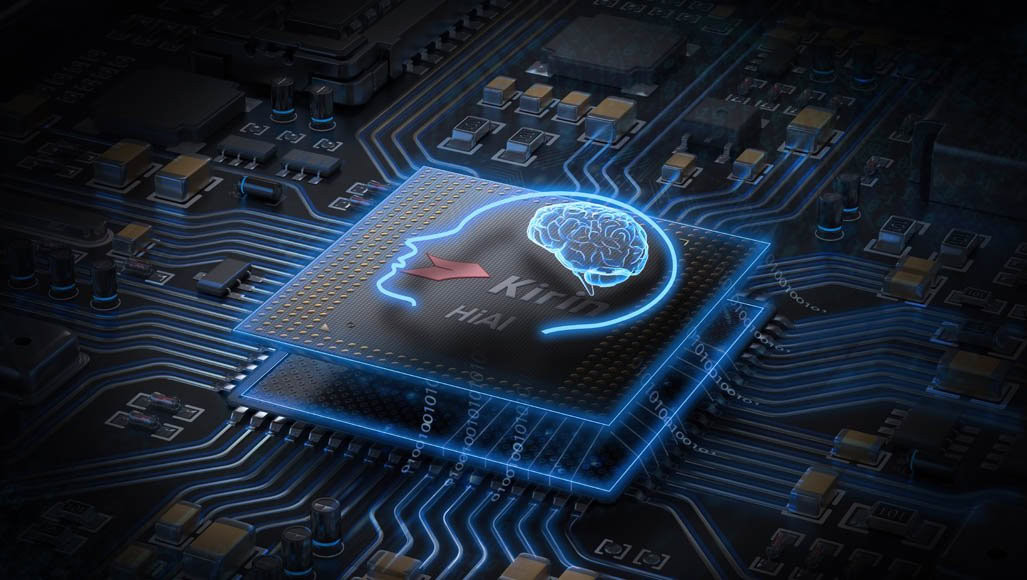Affiliate links on Android Authority may earn us a commission. Learn more.
Intel, Qualcomm join Google in cutting off business with HUAWEI
Published onMay 20, 2019

- Intel, Qualcomm, Broadcom, and Xilinx have reportedly moved to stop supplying HUAWEI.
- The news comes after the U.S. government instituted a trade ban on the Chinese brand.
- Google has also suspended business with HUAWEI in the wake of the ban.
Huawei‘s trade ban by the U.S. government has already resulted in Google cutting off the Chinese manufacturer. Now, several tech giants have joined the search company in following the government ban.
Intel, Qualcomm, Broadcom, and Xilinx have all told employees that they won’t supply HUAWEI, Bloomberg reported, citing people familiar with the actions.
Read: HUAWEI would sign ‘we promise not to spy’ agreements with governments
Intel and Qualcomm are perhaps the two most prominent companies taking action here. Intel supplies processors for the Chinese brand’s laptops and servers, while Qualcomm supplies chipsets and modems for its budget phones.
The news comes a short while after Reuters reported that Google has suspended business with HUAWEI. This means the Chinese brand loses access to Android updates as well as Google services, according to the newswire.
Google has since issued a statement via its Android Twitter account, saying that current HUAWEI devices will still receive access to services like Google Play and Google Play Protect.

Huawei’s barrage of bad news comes after President Donald Trump signed an executive order effectively banning telecoms equipment from foreign firms deemed a security risk. Shortly after the order was signed, the U.S. Commerce Department added HUAWEI to its Entity List. The listing means U.S. companies had to seek prior approval from the government in order to have business dealings with the manufacturer.
We’ve contacted Intel and Qualcomm to confirm Bloomberg‘s article, and will update the article accordingly. What do you think of the situation? Give us your thoughts in the comments section below. Update: Intel and Qualcomm have declined to comment on the matter.